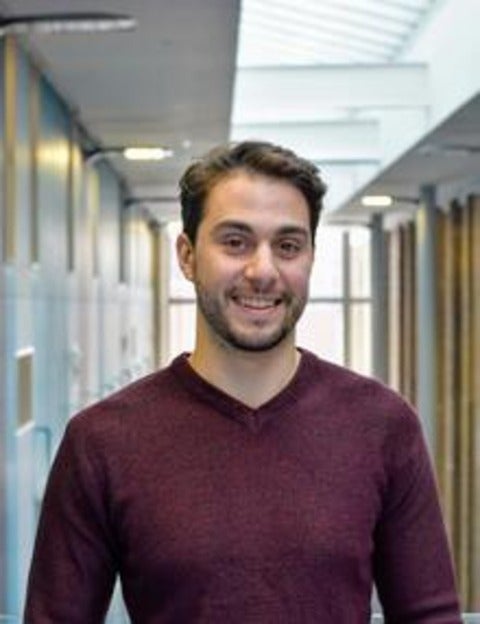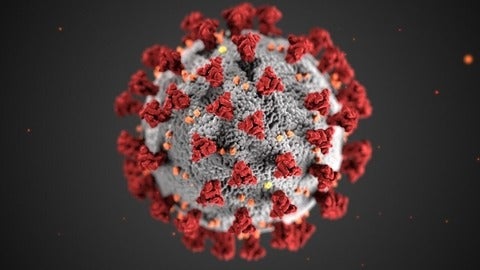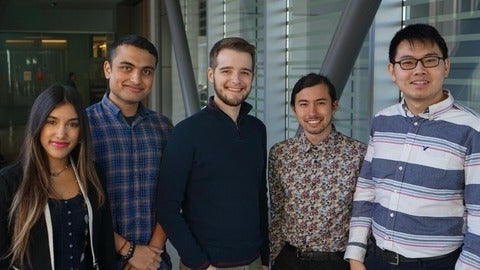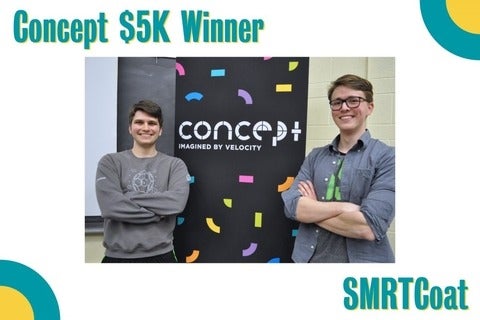WIN member wins federal funding to develop rapid, portable test for COVID-19
A WIN member has won $265,000 in federal backing to develop a palm-sized device capable of detecting COVID-19 infection within 30 minutes.
Carolyn Ren, a professor of mechanical and mechatronics engineering and WIN Member, will lead the one-year project by a team that includes professors Emmanuel Ho (also a WIN member) of the School of Pharmacy at Waterloo and fellow WIN member and Keith Fowke of the University of Manitoba.






